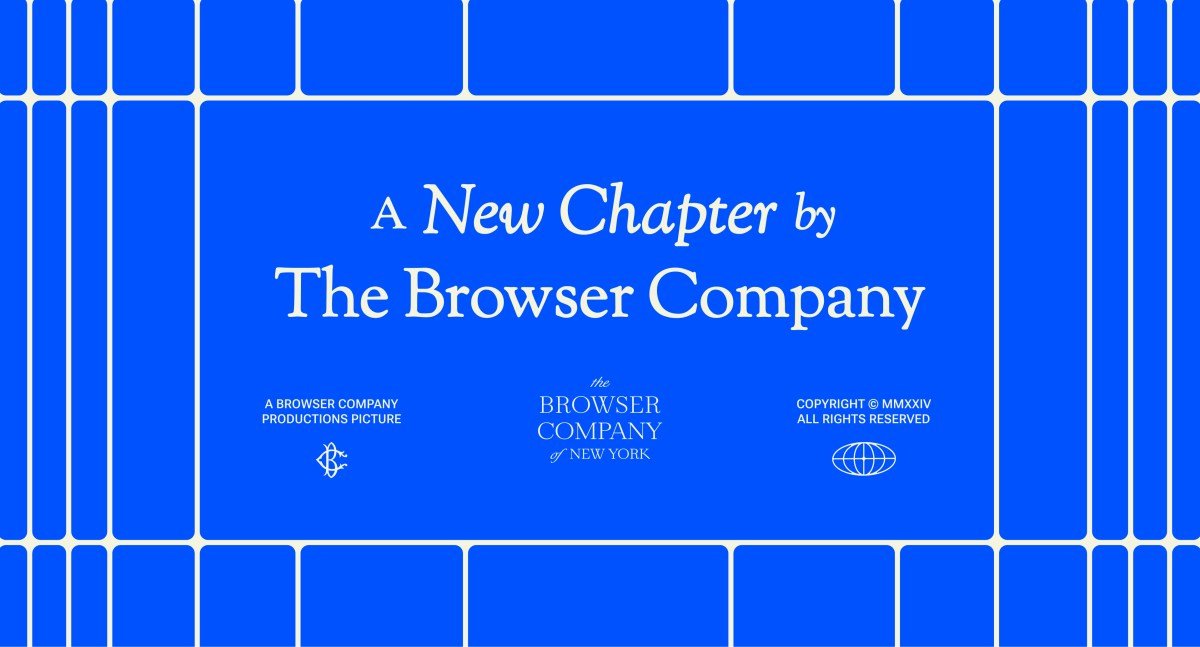The Browser Company Raises $50 Million for Arc Browser
The Browser Company has just announced their latest round of funding, raising a whopping $50 million. The investment was led by Pace Capital, bringing the company’s valuation to an impressive $550 million. In an exclusive with TechCrunch, Head of Storytelling Nashilu Mouen confirmed the details of the investment.
“We firmly believe that the successor to the PC is right around the corner, and it starts with the browser,” said Mouen in a statement. “We can’t wait to see you there.”
The Browser Company was founded in 2019 and has already raised a total of $128 million in multiple rounds, with notable investors such as Jeff Weiner (LinkedIn), Ev Williams (Medium), Dylan Field (Figma), Akshay Kothari (Notion), and Jason Warner (GitHub). Next Play Ventures and Pace Capital are among the company’s existing investors.
Meet the Founders
The Browser Company was founded by Josh Miller and Hrush Agrawal. Miller, who was previously the director of product at the White House during Barack Obama’s tenure, is also an investor at Thrive Capital. Agrawal, on the other hand, co-founded the conversational service Branch.com with Miller, which was later acquired by Facebook in 2014.
Introducing Arc Browser
The company’s flagship product, Arc browser, has been making waves in the tech world. With features like command bar navigation, pinned tabs, and different workspaces for work and personal browsing, Arc has managed to capture the attention of users. However, the browser was previously only available on an invite-only basis for Mac users. Last July, the company opened up downloads for all users and also launched a closed beta program for a Windows client.
Despite its popularity, some users have criticized Arc’s steep learning curve, as the browser treats tabs differently and presents them more like applications. The company’s first iPhone app was created as a companion app for saving tabs, which could then be accessed on the desktop client. However, in January, the company launched the Arc Search app for iOS, with a focus on AI-powered search at its core. This app eliminated the need for users to create an account and also allowed them to set it as their default browser, potentially attracting a larger user base.
A Bet on AI
In October 2023, Arc released its first set of AI features, including the ability to rename downloaded files and pinned tabs, easier access to ChatGPT, and a preview summary when hovering over a link. With the launch of Arc Search, the company also introduced the “Browse for me” feature, which reads six related web pages and generates a visual summary on a new page.
This was followed by more features in February, such as “instant links” that allow users to directly go to a result rather than a Google page. Additionally, the browser now has the ability to create a folder with article links when a user searches for “Folder of Apple Vision Pro reviews.” The company also added a pinch-to-summarize feature for Arc Search, but it has received criticism for being inaccurate in some instances.
Critics and Controversies
Despite its innovative features, Arc has also faced criticism from journalists and industry experts. Some raised concerns about the impact on web traffic for publishers, while others noted that Arc’s approach could harm the web and its content creators. Anil Dash, CEO of Glitch, expressed his concerns to Engadget, saying that Arc’s new features take away from the passion and dedication of website owners.
In a video released in February, Josh Miller criticized Google’s search model for prioritizing ads over relevant results. He claimed that Arc’s AI-agent approach would be a game-changer in this regard. However, others like Paul Frazee, creator of decentralized browser Beaker, have pointed out that scaling a browser product is difficult as users are accustomed to their chosen browser and switching is not easy. Frazee also noted that without search deals, monetization is challenging.
The Future of The Browser Company
Despite its success in raising capital, The Browser Company has yet to reveal its plans for monetization. This week, it launched a new website titled “We might not make it,” which features videos discussing topics such as revenue generation, competition, and criticism of its product approach.
According to lead investor Chris Paik, the company’s vision is to build an “internet computer” for users. He believes that the browser will become the new operating system, and all software will be accessible through web applications. However, challenges remain, such as convincing users to switch to a new default browser and finding a sustainable monetization strategy.
You can reach out to the author, Ivan Mehta, at im@ivanmehta.com or through this link on Signal.








